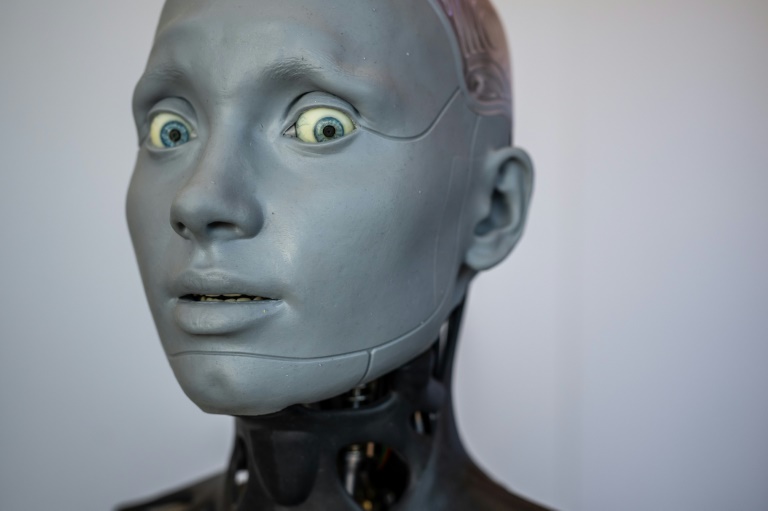AFP
A British nurse was found guilty Friday of murdering seven newborn babies and trying to murder six others at the hospital neonatal unit where she worked, becoming the UK’s most prolific killer of children.
Lucy Letby, 33 — on trial since last October — was accused of injecting her young victims, who were either sick or born prematurely, with air, overfeeding them milk and poisoning them with insulin.
The jury at Manchester Crown Court in northern England reached all of its verdicts after deliberating for 22 days.
Letby was arrested following a string of baby deaths at the neonatal unit of the Countess of Chester Hospital in northwest England between June 2015 and June 2016.
Described by the prosecution as a “calculating” woman who used methods of killing that “didn’t leave much of a trace”, Letby had repeatedly denied harming the children.
“Lucy Letby was entrusted to protect some of the most vulnerable babies. Little did those working alongside her know that there was a murderer in their midst,” Senior Crown Prosecutor Pascale Jones said in a statement.
“Time and again, she harmed babies, in an environment which should have been safe for them and their families,” the prosecutor added, calling the killings “a complete betrayal of the trust placed in her”.
The court heard that colleagues raised concerns after noticing that Letby was on shift when each of the babies collapsed, with some of the newborns attacked just as their parents left their cots.
Prosecutor Nick Johnson said Letby “gaslighted” her colleagues into believing the string of deaths were “just a run of bad luck”.
Letby’s final victims were two triplet boys, referred to in court as babies O and P.
Child O died shortly after Letby returned from a holiday in Ibiza in June 2016, while child P died a day after their sibling.
Letby was also said to have attempted to kill the third triplet, child Q, but the jury was unable to reach a verdict on the charge.
Johnson said that by that time Letby was “completely out of control”, adding that “she was in effect playing God”.
Letby was arrested and released twice. On her third arrest in 2020 she was formally charged and held in custody.
During searches at her home, police found hospital paperwork and a handwritten note on which Letby had written: “I am evil, I did this.”
Letby later tried to explain the note by saying she wrote it after being placed on clerical duties following the death of the two triplets.
She said that decision to remove her from medical duties had left her feeling like she had “done something wrong”.
Barrister Ben Myers, defending Letby, told the court she was “hardworking, deeply committed” and “loved her work”.
He pointed to the fragile health of the babies, many of whom were born prematurely, and said the neonatal unit was overstretched and understaffed.
Letby also suggested that a “gang” of four senior doctors pinned blame on her to cover for the hospital’s failings.
When Letby took the stand at her trial, she insisted she “always wanted to work with children” and said it was “devastating” to find out she was blamed for the deaths.
The case revived memories of two of Britain’s infamous medical murderers, doctor Harold Shipman and nurse Beverley Allitt.
Shipman, a general practitioner, hanged himself in prison in 2004, four years after being convicted of killing 15 of his patients.
A later public inquiry concluded he killed about 250 patients with lethal morphine injections between 1971 and 1998.
Allitt — a nurse dubbed the “angel of death” — was jailed for life in 1993 after being convicted of murdering four young children in her care, attempting to murder three others and causing grievous bodily harm with intent to six more.







